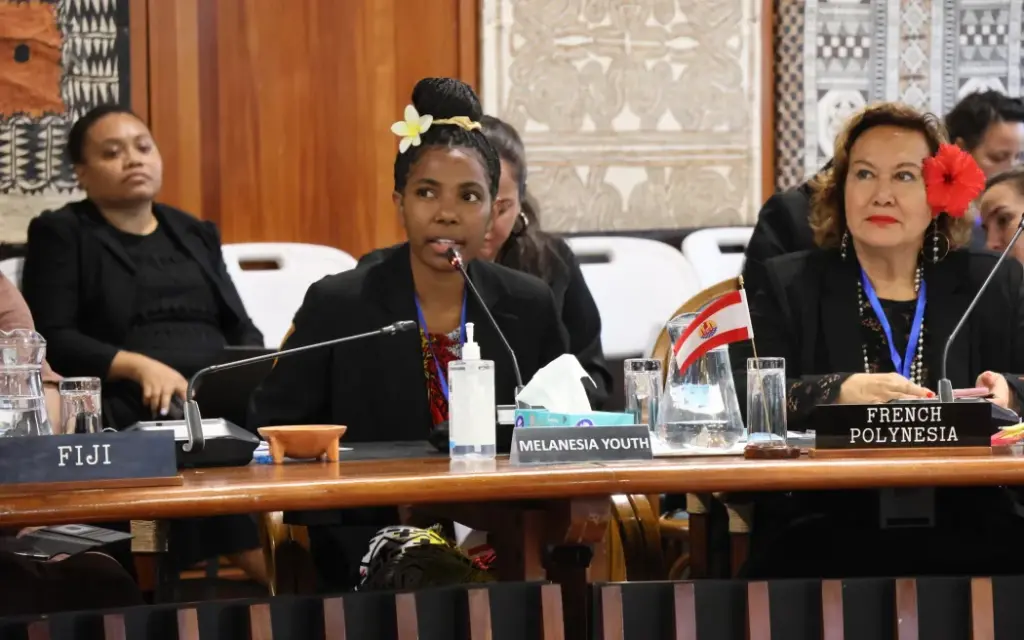A new report by the Asian Development Bank has found that more Pacific women are taking up leadership roles in business, but they continue to face discrimination.
The report, published in the second edition of the Leadership Matters series, found the average proportion of women directors in the Pacific rose by five percent – from 21 percent in 2021 to 26 percent in 2024.
While Cook Islands, Kiribati, Samoa and Tuvalu have higher proportions of women directors and chief executives in the region, Fiji and Papua New Guinea are yet to meet the regional average.
The report’s author Sarah Boxall told RNZ Pacific Waves higher education is key.
“we are seeing in the Pacific women are increasingly well educated, they are graduating from university at a higher rate, we know as well from our survey that women in the Pacific are very ambitious.”
The survey of almost 300 women business leaders found that businesses are valuing women in the workforce and valuing them in leadership.
“We are seeing [businesses] putting in place targets 30 percent, representation of women, they are putting in place policies that support women in the organisation; this can be flexible work arrangements, helping with transport and issues around childcare.
“We are starting to see a change in attitudes about women’s capability. I think these are all contributing to increasing women in leadership in the Pacific.”
The ADB’s Pacific Private Sector Development Initiative surveyed 285 women business leaders in 14 Pacific developing member countries.
It found that almost half of those surveyed have reported they have experienced gender bias and workplace discrimination.
Boxall said domestic duties can also hinder Pacific women from excelling in the workplace.
“Almost 60 percent of the women who responded to our survey indicated that despite the increase in their leadership role at work they were still expected to maintain the same level of household and family responsibilities,” she said.
She said global research shows that having more diverse and balanced leadership means that companies actually end up being more profitable and productive.
“We have heard this from business leaders in the Pacific, that that is their experience as well. They know their companies perform better with balanced leadership.
“In terms of economic development in the Pacific, it is really important that all of our organisations and companies are able to perform to the best of their ability – and we know that having more women in leadership roles helps.”
Source: RNZ




